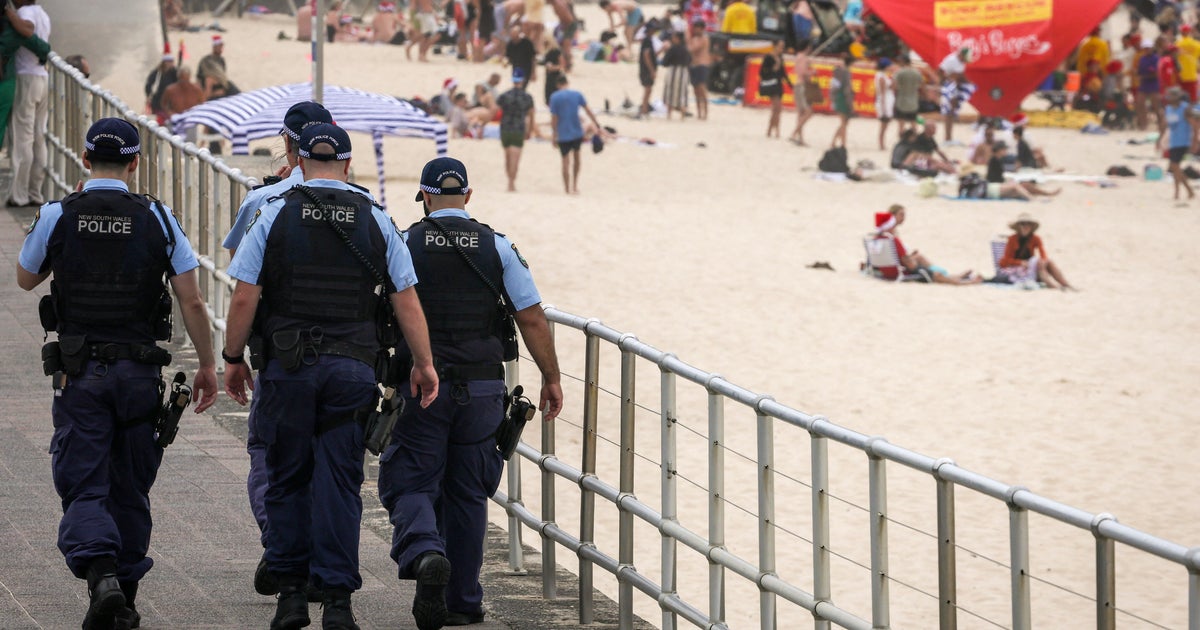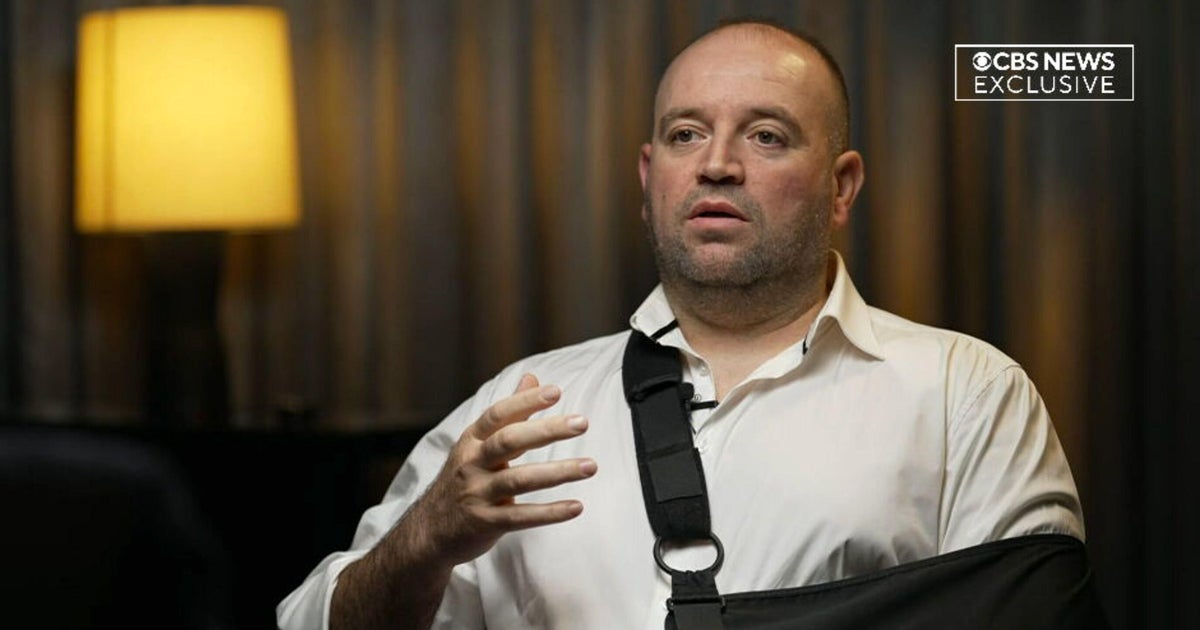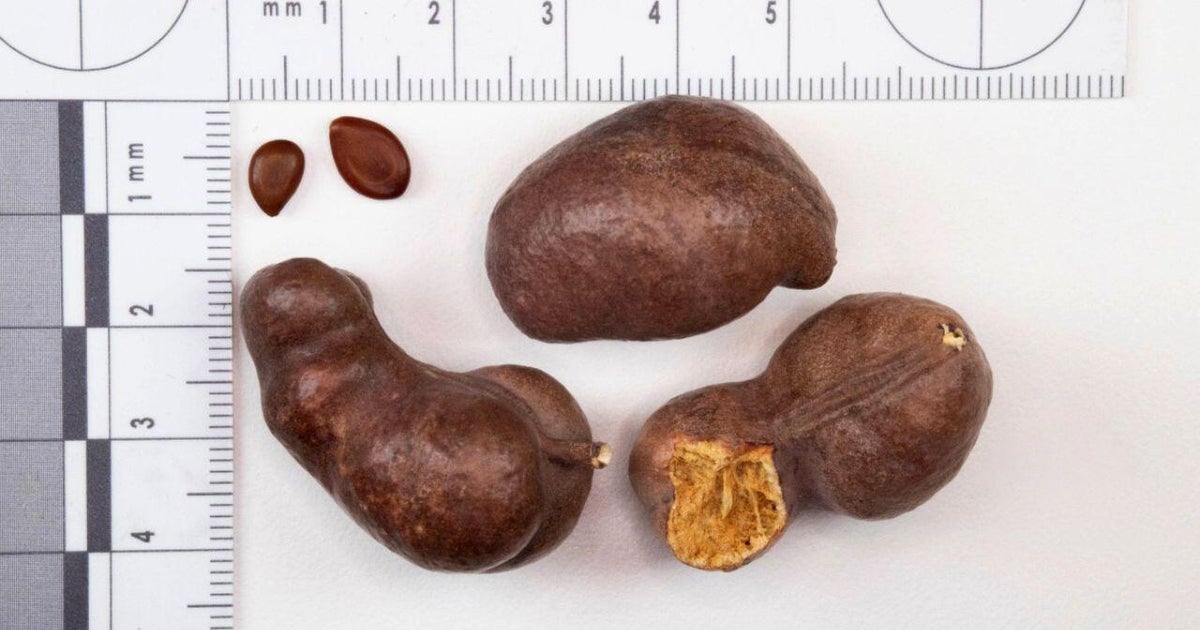U.N. reveals fresh evidence of ISIS using chemical weapons in Iraq
BAGHDAD -- Iraqi troops inched ahead in their battle to retake the northern city of Mosul from the Islamic State of Iraq and Syria, or ISIS, on Friday, as the U.N. revealed fresh evidence that the extremists have used chemical weapons.
Exchanging small arms and mortar fire with ISIS positons, the special forces have entered the Qadisiya neighborhood, advancing slowly to avoid killing civilians and trying to avoid being surprised by suicide car bombers, said Brig. Gen. Haider Fadhil.
Regular army troops control 90 percent of the Intisar neighborhood, said one officer, but progress had slowed because “the streets are too narrow for our tanks.” He spoke to The Associated Press on condition of anonymity because he was not authorized to brief reporters.
Iraqi troops are converging from several fronts on Mosul, the second-largest city and the last major ISIS holdout in Iraq. Kurdish peshmerga forces are holding a line north of the city, while Iraqi army and militarized police units approach from the south, and government-sanctioned Shiite militias guard western approaches.
The offensive has slowed recently as the special forces - the troops that have advanced the farthest - push into more densely populated areas of eastern Mosul, where they cannot rely as much on airstrikes and shelling because of the risk to civilians who have been told to stay in their homes.
Meanwhile, the U.N. human rights office cited new details on Thursday as proof that ISIS is using chemical weapons, which many fear the extremist group has and is saving for an even more brutal endgame should they be cornered or about to lose the city, still home to more than a million people.
Amid concerns about ISIS’ use of human shields in the city, rights office spokeswoman Ravina Shamdasani said four people died from inhaling fumes after ISIS shelled and set fires to the al-Mishrag Sulfur Gas Factory in Mosul on Oct. 23.
Speaking to reporters in Geneva, Shamdasani said reports indicated ISIS has stockpiled “large quantities” of ammonia and sulfur that have been placed in the same areas as civilians. “We can only speculate how they intend to use this,” she said, “We are simply raising the alarm that this is happening, that this is being stockpiled.”
She added that international law requires protection of civilians near such chemicals. “There does not have to be an intention to target civilians with the use of these chemical weapons, but particular care must be taken to avoid this affecting civilians,” Shamdasani said. “If that particular care is not taken, or if action is taken instead through negligence or through active action, to cause damage to civilians, then this is clearly prohibited - this is a war crime.”
U.N. officials say about 48,000 people have now fled Mosul since the government campaign began on Oct. 17.






